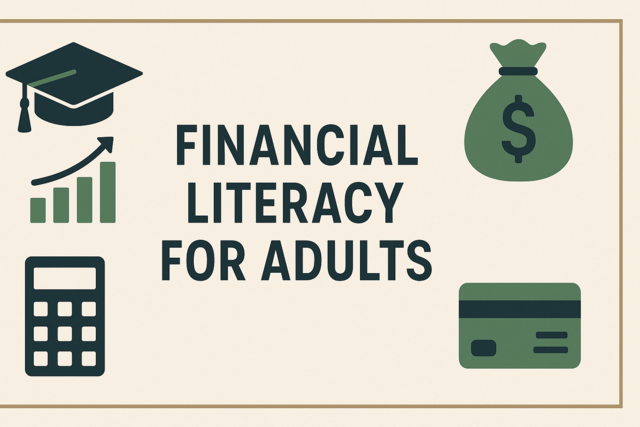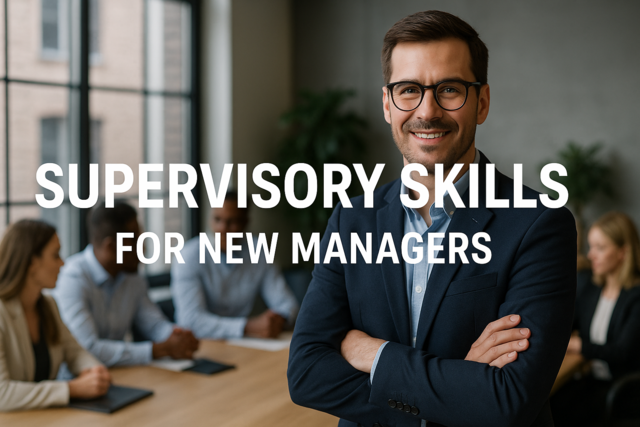Online Class: Sustainable Practices in Business

-
15Lessons
-
22Exams &
Assignments -
6Hours
average time -
0.6CEUs
Course Description
Imagine a world where business success doesn't just coexist with environmental and societal well-being—it actively promotes it. Welcome to our transformative course, "Sustainable Practices in Business," where we redefine what it means to thrive in the modern corporate landscape. This is not just an educational experience; it's a powerful journey toward becoming a leader who champions change, innovation, and positive impact.
Have you ever pondered the possibility of conducting business in a way that benefits people and the planet while still achieving financial prosperity? The answer does not lie in a distant future—the future is now, and it begins with this course. In today's rapidly changing world, conventional approaches are becoming obsolete. Businesses are no longer judged solely on profit margins, but on their contributions to a sustainable and equitable society.
As you embark on this educational journey, you'll uncover the profound wisdom of integrating environmental, social, and economic strategies into every facet of your business operations. You'll explore groundbreaking frameworks like the Triple Bottom Line (TBL) and delve into real-world examples of how forward-thinking companies such as Ben & Jerry's blend purpose with profit. Through this course, you'll unlock the potential to transform not just your career, but the very fabric of the business world.
But why is this course truly indispensable? Because it empowers you to harness the transformative power of sustainable practices, driving innovation and setting new standards for success. By immersing yourself in a world of ethical and sustainable sourcing, you'll learn how to build resilient and transparent global supply chains that are not just future-proof but also aligned with societal values. This is about nurturing trust and compliance while securing long-term operational efficiency and brand prestige.
You will witness firsthand how Corporate Social Responsibility (CSR) can harmonize operations with social impact, shaping consumer choices and enhancing corporate reputation. By adopting green technology and renewable energy, you'll propel your business ahead of the competition, reaping the benefits of cost savings, enhanced brand reputation, and long-term sustainability.
We recognize that modern consumers demand eco-conscious choices, and this course will arm you with the insights needed to meet and exceed those expectations. Through an exploration of emerging consumer paradigms and innovative models like Product-as-a-Service (PaaS), you will uncover new pathways to align your business with the values of today's conscientious consumers.
Could you imagine an economy free from waste, where resources are used to their fullest potential before cycling back into production? With our deep dive into circular economy principles, this course will guide you toward reducing waste and maximizing resource efficiency, all while fostering innovation and profitability. You will excel in merging Environmental, Social, and Governance (ESG) criteria with core business operations, achieving remarkable financial performance and social impact.
You'll master the essentials of sustainable leadership, positioning yourself at the forefront of a movement that prioritizes long-term ecological and societal well-being over short-term gains. Through compelling case studies of industry leaders like Patagonia and Unilever, you'll see how organizational culture rooted in sustainability is not just a trend—it's an essential strategy for success in the 21st century.
Our course is an invitation to forge a brighter, more sustainable future. This is not just a vision—it's an urgent call to action for leaders who dare to aspire to greatness, who are committed to making a difference. It is a once-in-a-lifetime opportunity to not merely experience education but to catalyze change.
Join us on this journey. Rediscover what it means to succeed in business. Transform your career. Transform the world. Enroll now in "Sustainable Practices in Business" and become the leader you were destined to be. Unleash your potential to drive systemic change and create a legacy of positive impact for generations to come. Are you ready to change the world? Let's start today.
- Business
- Business Ethics Courses
- Harassment Prevention Courses
- Human Resources Certifications
- Management
- Aromatherapy Courses
- Caregiver Courses
- Career Development Courses
- Communications Courses
- Confidence and Self Esteem Courses
- Healing
- Human Anatomy Courses
- Medical Skills
- Health & Medicine
- Nutrition
- Marketing
- Microsoft Office Certification Courses
- Life Coaching Courses
- Self-Improvement
- Small Business Certifications
- Safety
- Writing Improvement
- Business Writing Courses
Course Lessons
Lesson 1. Sustainable Business Practices: Integrating Environmental, Social, and Economic Strategies
 Review Practice Worksheet: Lesson-1-HomeWork-14022.pdf
Review Practice Worksheet: Lesson-1-HomeWork-14022.pdf Lesson discussions: Reasons for Taking this Course
Lesson discussions: Reasons for Taking this Course Assessment: Lesson 1 Review Exam
Assessment: Lesson 1 Review Exam
Lesson 2. The Transformative Power of People, Planet, and Profit
 Review Practice Worksheet: Lesson-2-WordSearch-14024.pdf
Review Practice Worksheet: Lesson-2-WordSearch-14024.pdf Assessment: Lesson 2 Review Exam
Assessment: Lesson 2 Review Exam
Lesson 3. Ethical and Sustainable Sourcing in Global Supply Chains
 Review Practice Worksheet: Lesson-3-WorkSheet-14026.pdf
Review Practice Worksheet: Lesson-3-WorkSheet-14026.pdf Assessment: Lesson 3 Review Exam
Assessment: Lesson 3 Review Exam
Lesson 4. CSR: Harmonizing Operations with Social Impact
 Review Practice Worksheet: Lesson-4-Downloadable-14028.pdf
Review Practice Worksheet: Lesson-4-Downloadable-14028.pdf Complete: Lesson 4 Activity
Complete: Lesson 4 Activity Assessment: Lesson 4 Review Exam
Assessment: Lesson 4 Review Exam
Lesson 5. From Solar Panels to Circular Economies: The Impact of Green Tech on Business
 Review Practice Worksheet: Lesson-5-WordSearch-14031.pdf
Review Practice Worksheet: Lesson-5-WordSearch-14031.pdf Complete: Lesson 5 Activity
Complete: Lesson 5 Activity Assessment: Lesson 5 Review Exam
Assessment: Lesson 5 Review Exam
Lesson 6. Eco-Conscious Buying: A New Consumer Paradigm
 Review Practice Worksheet: Lesson-6-WorkSheet-14033.pdf
Review Practice Worksheet: Lesson-6-WorkSheet-14033.pdf Complete: Lesson 6 Activity
Complete: Lesson 6 Activity Assessment: Lesson 6 Review Exam
Assessment: Lesson 6 Review Exam
Lesson 7. Aligning Profit with Purpose: The Integration of KPIs and Sustainability
 Review Practice Worksheet: Lesson-7-WorkSheet-14035.pdf
Review Practice Worksheet: Lesson-7-WorkSheet-14035.pdf Complete: Lesson 7 Activity
Complete: Lesson 7 Activity Assessment: Lesson 7 Review Exam
Assessment: Lesson 7 Review Exam
Lesson 8. Circular Principles in Practice
 Review Practice Worksheet: Lesson-8-HomeWork-14037.pdf
Review Practice Worksheet: Lesson-8-HomeWork-14037.pdf Complete: Lesson 8 Activity
Complete: Lesson 8 Activity Assessment: Lesson 8 Review Exam
Assessment: Lesson 8 Review Exam
Lesson 9. Unveiling Energy Audits: A Pathway to Sustainable Business Practices
 Review Practice Worksheet: Lesson-9-HomeWork-14039.pdf
Review Practice Worksheet: Lesson-9-HomeWork-14039.pdf Complete: Lesson 9 Activity
Complete: Lesson 9 Activity Assessment: Lesson 9 Review Exam
Assessment: Lesson 9 Review Exam
Lesson 10. Nature-Inspired Design Efficiency
 Review Practice Worksheet: Lesson-10-WordSearch-14041.pdf
Review Practice Worksheet: Lesson-10-WordSearch-14041.pdf Assessment: Lesson 10 Review Exam
Assessment: Lesson 10 Review Exam
Lesson 11. Engaging the Many: How Stakeholder Theory Shapes Modern Business
 Review Practice Worksheet: Lesson-11-WordSearch-14044.pdf
Review Practice Worksheet: Lesson-11-WordSearch-14044.pdf Assessment: Lesson 11 Review Exam
Assessment: Lesson 11 Review Exam
Lesson 12. Balanced Growth: Merging Economics, Environment, and Society
 Review Practice Worksheet: Lesson-12-WorkSheet-14046.pdf
Review Practice Worksheet: Lesson-12-WorkSheet-14046.pdf Complete: Lesson 12 Activity
Complete: Lesson 12 Activity Assessment: Lesson 12 Review Exam
Assessment: Lesson 12 Review Exam
Lesson 13. Cost-Efficient Sustainability: Achieving Economic and Ecological Balance
 Review Practice Worksheet: Lesson-13-WorkSheet-14048.pdf
Review Practice Worksheet: Lesson-13-WorkSheet-14048.pdf Assessment: Lesson 13 Review Exam
Assessment: Lesson 13 Review Exam
Lesson 14. Sustainable Leadership Essentials
 Review Practice Worksheet: Lesson-14-Activity-14050.pdf
Review Practice Worksheet: Lesson-14-Activity-14050.pdf Assessment: Lesson 14 Review Exam
Assessment: Lesson 14 Review Exam
Lesson 15. Innovative Business Models for a Circular World
 Review Practice Worksheet: Lesson-15-HomeWork-14052.pdf
Review Practice Worksheet: Lesson-15-HomeWork-14052.pdf Lesson discussions: End of Course Poll; Course Comments
Lesson discussions: End of Course Poll; Course Comments Assessment: Lesson 15 Review Exam
Assessment: Lesson 15 Review Exam
Learning Outcomes
- Define key principles of sustainable business practices by explaining the integration of environmental, social, and economic considerations into decision-making processes.
- Identify examples of companies successfully adopting renewable energy sources and evaluating their impact on reducing greenhouse gas emissions and stabilizing energy costs.
- Analyze how businesses like Patagonia and Microsoft incorporate Triple Bottom Line principles to enhance profitability and corporate sustainability.
- Define the Triple Bottom Line framework and explain its three components: social, environmental, and economic impacts, in sustainable business practices.
- Describe the strategies businesses can implement to optimize resource efficiency in supply chains, such as recycling and energy-efficient technologies.
- Identify the benefits of integrating ethical sourcing practices, like fair trade principles, into supply chain management for improving social and environmental standards.
- Analyze the relationship between CSR and corporate financial performance by evaluating the impact of sustainable practices on investment priorities and risk management.
- Identify and describe how CSR initiatives influence consumer behavior and decision-making using examples from companies like Unilever and Tesla.
- Define and articulate the financial, environmental, and strategic benefits of integrating renewable energy solutions into business operations.
- Demonstrate the ability to identify and implement effective waste management practices that contribute to a circular economy and reduce operational costs.
- Identify and describe strategies employed by companies to integrate sustainability into branding and operations, including the role of digital and social media in consumer transitions.
- Recognize and evaluate the influence of consumer values on sustainability-driven purchasing decisions and business practices through analysis of current market trends.
- Demonstrate the ability to identify and apply sustainability KPIs across economic, environmental, and social dimensions to evaluate a business's sustainability performance.
- Demonstrate mastery of lesson content at levels of 70% or higher.
Additional Course Information

- Document Your Lifelong Learning Achievements
- Earn an Official Certificate Documenting Course Hours and CEUs
- Verify Your Certificate with a Unique Serial Number Online
- View and Share Your Certificate Online or Download/Print as PDF
- Display Your Certificate on Your Resume and Promote Your Achievements Using Social Media

Related Courses
-
 6 hours
0.6 CEUs
Project Management for Personal Projects
+ More Info
6 hours
0.6 CEUs
Project Management for Personal Projects
+ More Info
-
 7 hours
0.7 CEUs
Classroom Design and Environment for Special Needs Students
+ More Info
7 hours
0.7 CEUs
Classroom Design and Environment for Special Needs Students
+ More Info
-
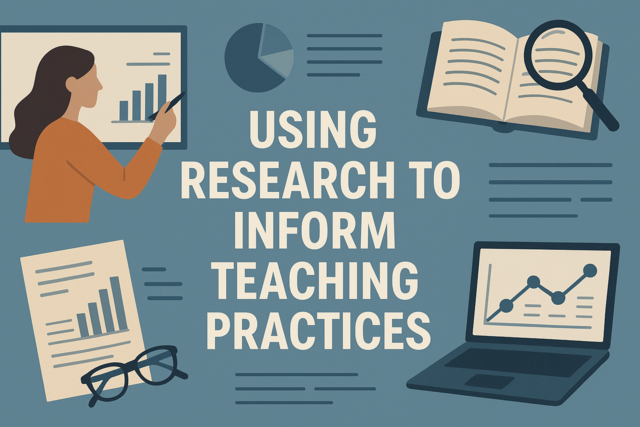 5 hours
0.5 CEUs
Using Research to Inform Teaching Practices
+ More Info
5 hours
0.5 CEUs
Using Research to Inform Teaching Practices
+ More Info
-
 5 hours
0.5 CEUs
Emotional Intelligence in the Workplace
+ More Info
5 hours
0.5 CEUs
Emotional Intelligence in the Workplace
+ More Info
-
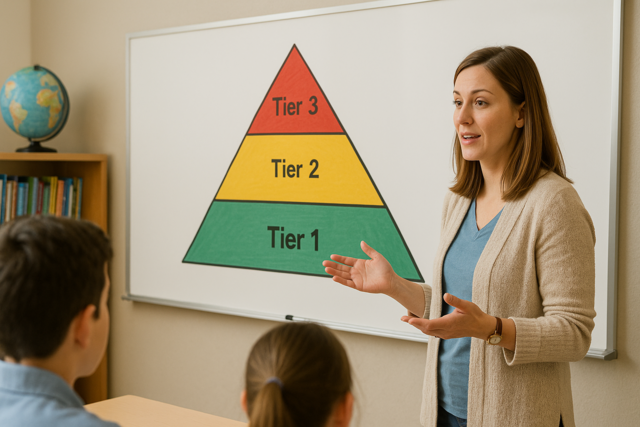 5 hours
0.5 CEUs
Implementing RTI Models in Schools
+ More Info
5 hours
0.5 CEUs
Implementing RTI Models in Schools
+ More Info
-
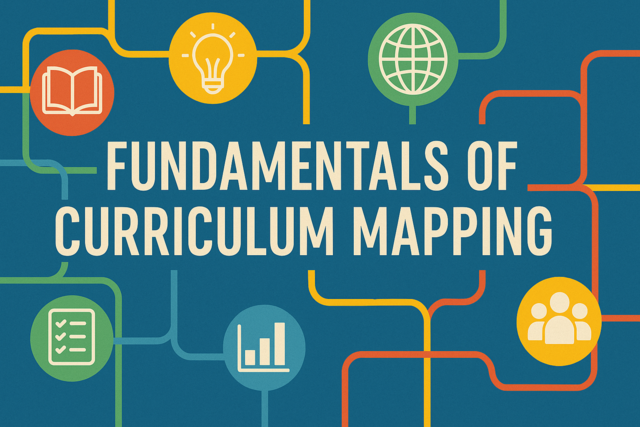 5 hours
0.5 CEUs
Fundamentals of Curriculum Mapping
+ More Info
5 hours
0.5 CEUs
Fundamentals of Curriculum Mapping
+ More Info
-
 7 hours
0.7 CEUs
Emotional Detox: Clearing Pathways to Better Relationships
+ More Info
7 hours
0.7 CEUs
Emotional Detox: Clearing Pathways to Better Relationships
+ More Info
-
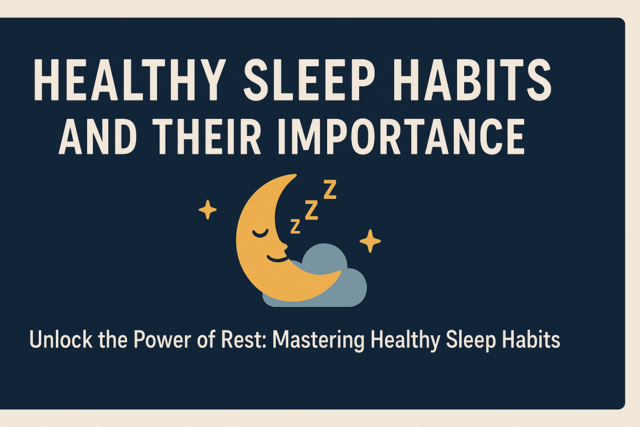 7 hours
0.7 CEUs
Healthy Sleep Habits and Their Importance
+ More Info
7 hours
0.7 CEUs
Healthy Sleep Habits and Their Importance
+ More Info
-
 4 hours
0.4 CEUs
Collaboration Skills for Special Education Teams
+ More Info
4 hours
0.4 CEUs
Collaboration Skills for Special Education Teams
+ More Info
-
 7 hours
0.7 CEUs
Trauma Typologies: Exploring Varieties of Psychological Wounds
+ More Info
7 hours
0.7 CEUs
Trauma Typologies: Exploring Varieties of Psychological Wounds
+ More Info
-
 3 hours
0.3 CEUs
Preparing Special Education Students for Standardized Tests
+ More Info
3 hours
0.3 CEUs
Preparing Special Education Students for Standardized Tests
+ More Info
-
 7 hours
0.7 CEUs
Effective Communication Skills for Everyday Life
+ More Info
7 hours
0.7 CEUs
Effective Communication Skills for Everyday Life
+ More Info
-
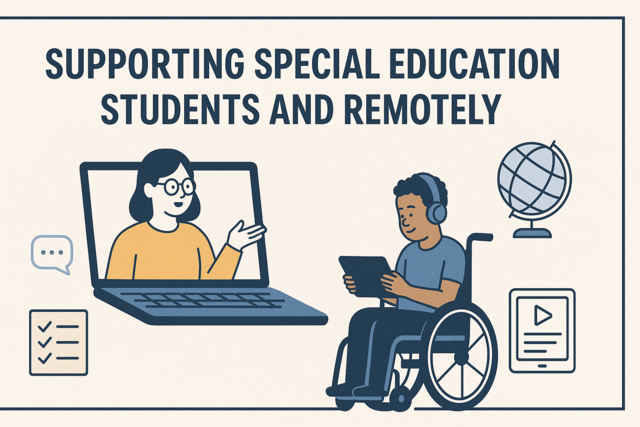 5 hours
0.5 CEUs
Supporting Special Education Students Virtually and Remotely
+ More Info
5 hours
0.5 CEUs
Supporting Special Education Students Virtually and Remotely
+ More Info
-
 3 hours
0.3 CEUs
Sound Therapy and Vibrational Healing
+ More Info
3 hours
0.3 CEUs
Sound Therapy and Vibrational Healing
+ More Info
-
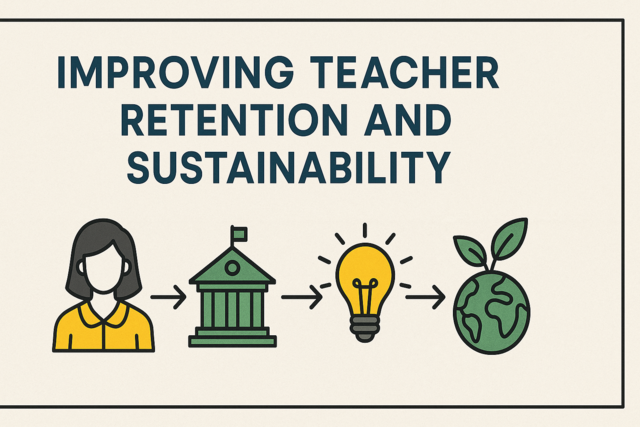 3 hours
0.3 CEUs
Improving Teacher Retention and Sustainability
+ More Info
3 hours
0.3 CEUs
Improving Teacher Retention and Sustainability
+ More Info
-
 7 hours
0.7 CEUs
Promoting Independence and Life Skills
+ More Info
7 hours
0.7 CEUs
Promoting Independence and Life Skills
+ More Info
-
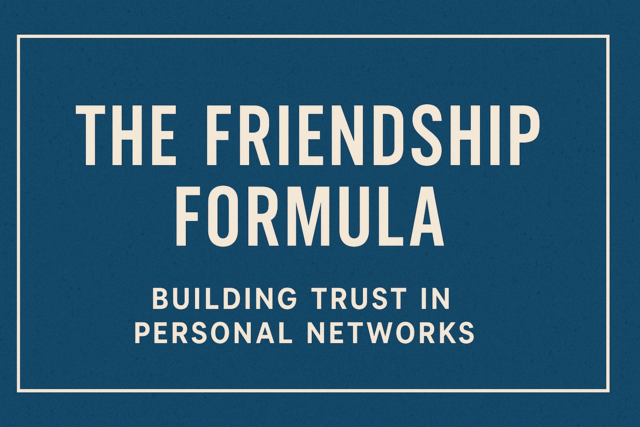 6 hours
0.6 CEUs
The Friendship Formula: Building Trust in Personal Networks
+ More Info
6 hours
0.6 CEUs
The Friendship Formula: Building Trust in Personal Networks
+ More Info
-
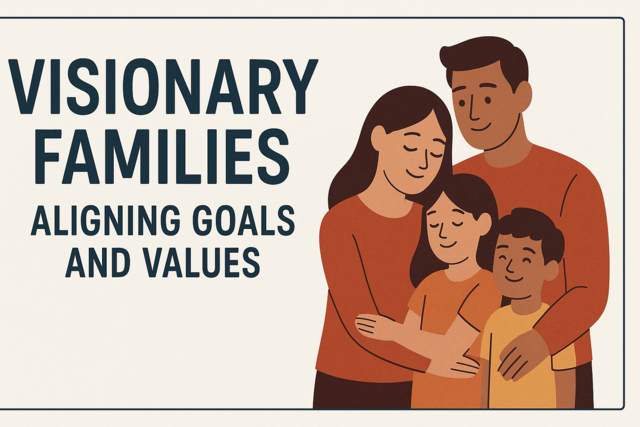 7 hours
0.7 CEUs
Visionary Families: Aligning Goals and Values
+ More Info
7 hours
0.7 CEUs
Visionary Families: Aligning Goals and Values
+ More Info
-
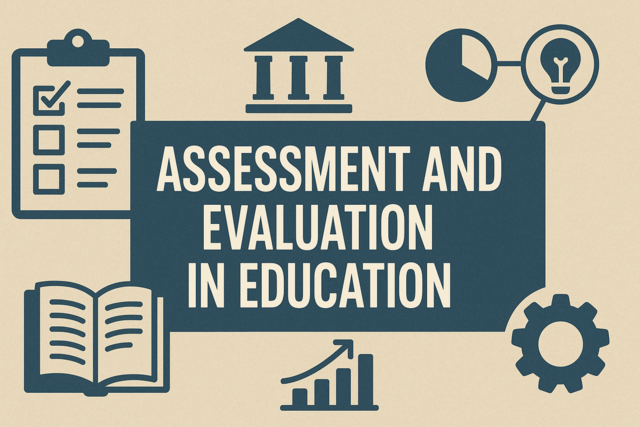 6 hours
0.6 CEUs
Assessment and Evaluation in Education
+ More Info
6 hours
0.6 CEUs
Assessment and Evaluation in Education
+ More Info
-
 3 hours
0.3 CEUs
Agile and Scrum Fundamentals
+ More Info
3 hours
0.3 CEUs
Agile and Scrum Fundamentals
+ More Info
-
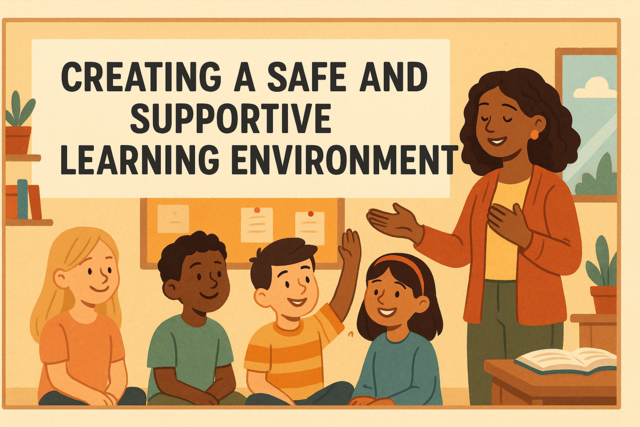 5 hours
0.5 CEUs
Creating a Safe and Supportive Learning Environment
+ More Info
5 hours
0.5 CEUs
Creating a Safe and Supportive Learning Environment
+ More Info
-
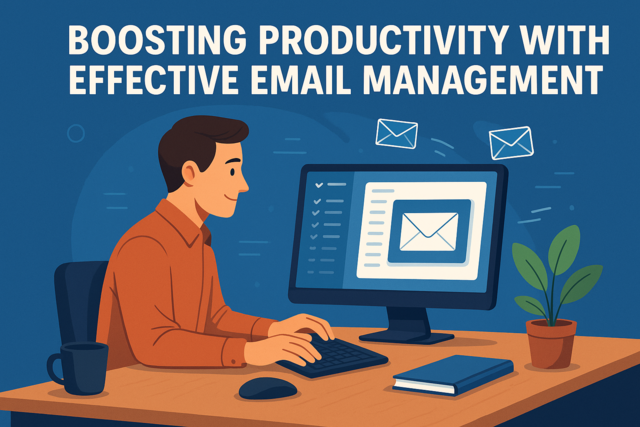 5 hours
0.5 CEUs
Boosting Productivity with Effective Email Management
+ More Info
5 hours
0.5 CEUs
Boosting Productivity with Effective Email Management
+ More Info
-
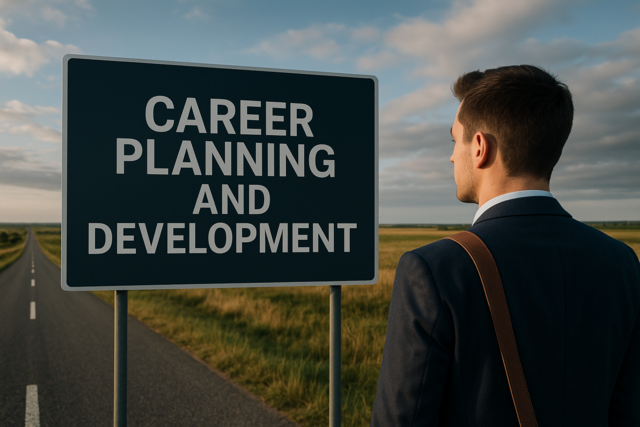 3 hours
0.3 CEUs
Career Planning and Development
+ More Info
3 hours
0.3 CEUs
Career Planning and Development
+ More Info
-
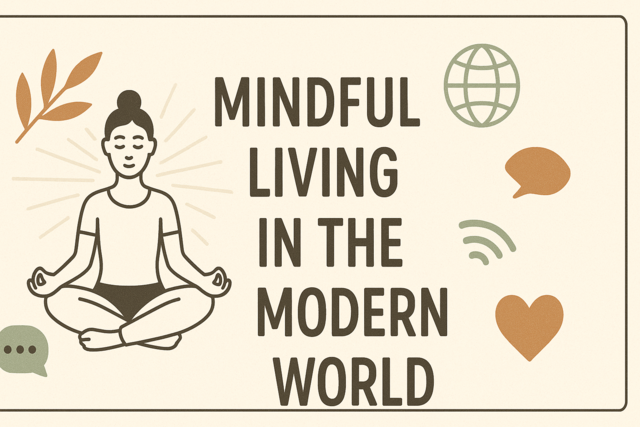 7 hours
0.7 CEUs
Mindful Living in the Modern World
+ More Info
7 hours
0.7 CEUs
Mindful Living in the Modern World
+ More Info
-
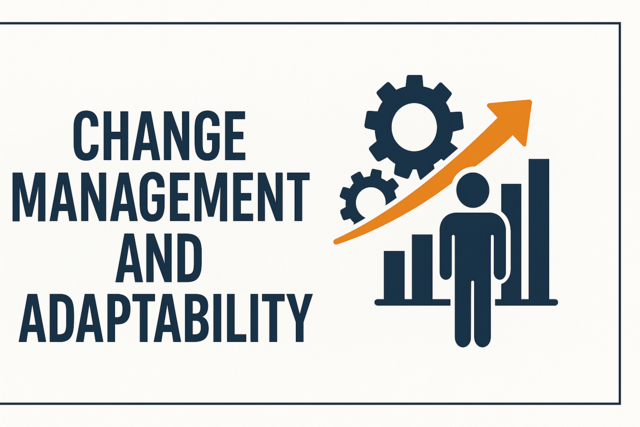 3 hours
0.3 CEUs
Change Management and Adaptability
+ More Info
3 hours
0.3 CEUs
Change Management and Adaptability
+ More Info
-
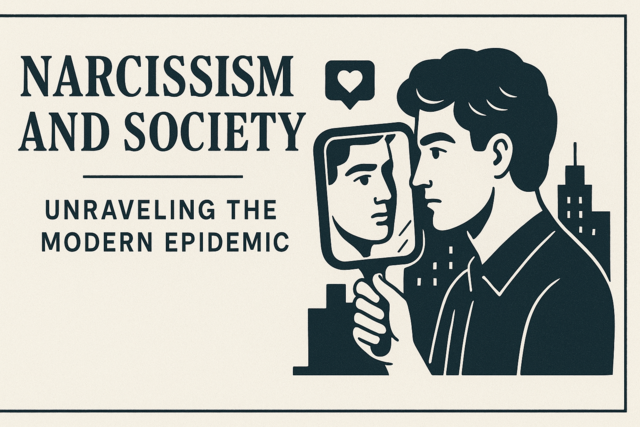 6 hours
0.6 CEUs
Narcissism and Society: Unraveling the Modern Epidemic
+ More Info
6 hours
0.6 CEUs
Narcissism and Society: Unraveling the Modern Epidemic
+ More Info
-
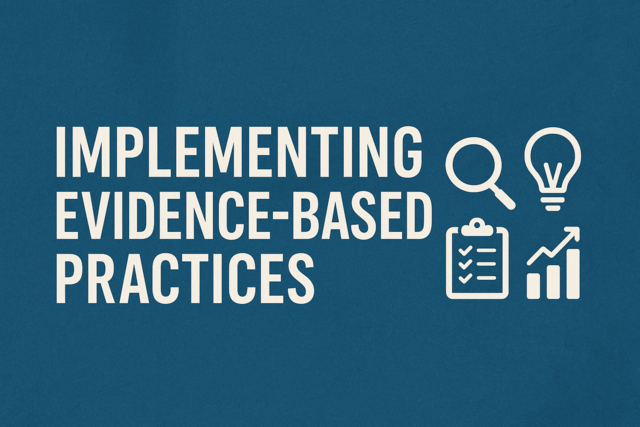 5 hours
0.5 CEUs
Implementing Evidence-Based Practices
+ More Info
5 hours
0.5 CEUs
Implementing Evidence-Based Practices
+ More Info
-
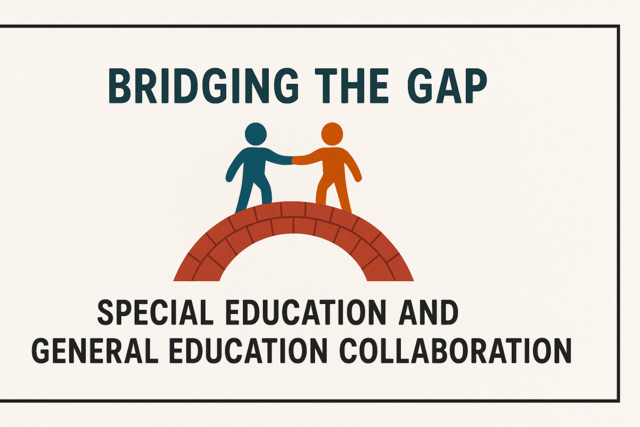 4 hours
0.4 CEUs
Bridging the Gap: Special Education and General Education Collaboration
+ More Info
4 hours
0.4 CEUs
Bridging the Gap: Special Education and General Education Collaboration
+ More Info
-
 5 hours
0.5 CEUs
Dress Like a Mogul: Navigating High-End Fashion for Men
+ More Info
5 hours
0.5 CEUs
Dress Like a Mogul: Navigating High-End Fashion for Men
+ More Info
-
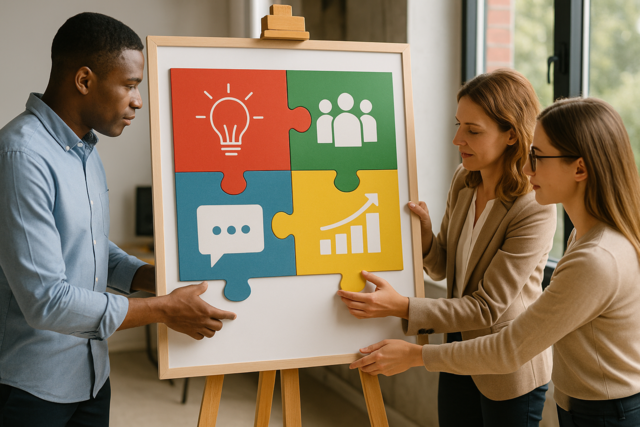 7 hours
0.7 CEUs
Building a Healthy Work Environment
+ More Info
7 hours
0.7 CEUs
Building a Healthy Work Environment
+ More Info
-
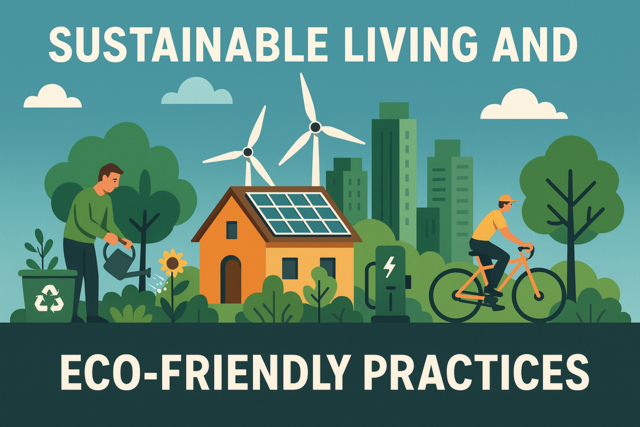 7 hours
0.7 CEUs
Sustainable Living and Eco-Friendly Practices
+ More Info
7 hours
0.7 CEUs
Sustainable Living and Eco-Friendly Practices
+ More Info
-
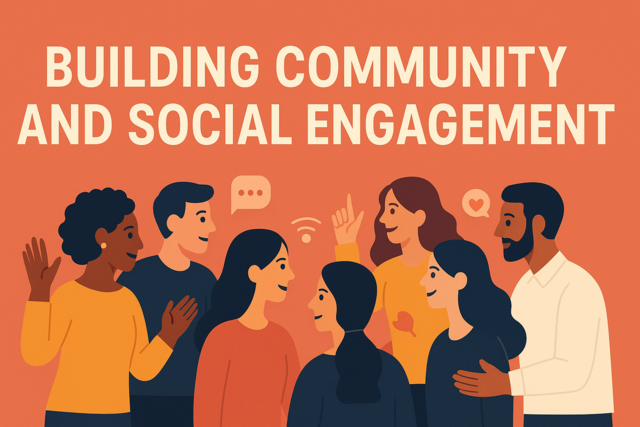 7 hours
0.7 CEUs
Building Community and Social Engagement
+ More Info
7 hours
0.7 CEUs
Building Community and Social Engagement
+ More Info
-
 6 hours
0.6 CEUs
The New Chic: Redefining Urban Elegance
+ More Info
6 hours
0.6 CEUs
The New Chic: Redefining Urban Elegance
+ More Info
-
 5 hours
0.5 CEUs
The Compassionate Family: Building Empathy Through Generations
+ More Info
5 hours
0.5 CEUs
The Compassionate Family: Building Empathy Through Generations
+ More Info
-
 3 hours
0.3 CEUs
Unpacking Attachment Styles: Keys to Healthier Relationships
+ More Info
3 hours
0.3 CEUs
Unpacking Attachment Styles: Keys to Healthier Relationships
+ More Info
-
 6 hours
0.6 CEUs
Introduction to Graphic Design Tools
+ More Info
6 hours
0.6 CEUs
Introduction to Graphic Design Tools
+ More Info
-
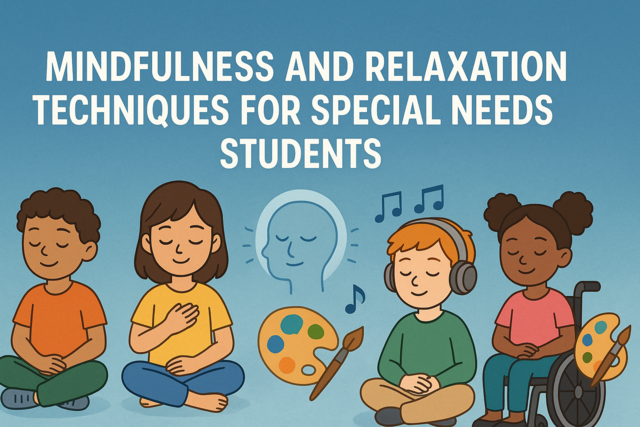 6 hours
0.6 CEUs
Mindfulness and Relaxation Techniques for Special Needs Students
+ More Info
6 hours
0.6 CEUs
Mindfulness and Relaxation Techniques for Special Needs Students
+ More Info
-
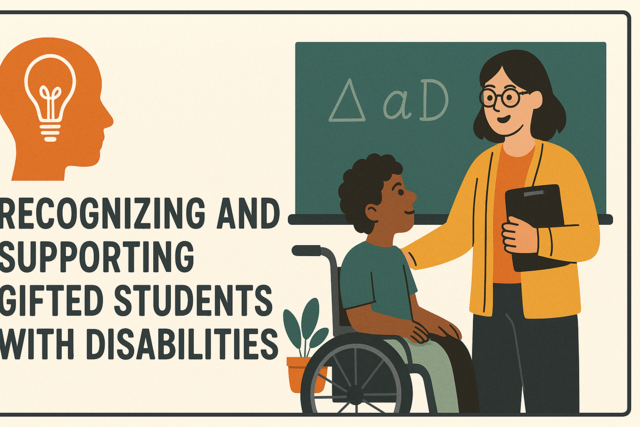 5 hours
0.5 CEUs
Recognizing and Supporting Gifted Students with Disabilities
+ More Info
5 hours
0.5 CEUs
Recognizing and Supporting Gifted Students with Disabilities
+ More Info
-
 5 hours
0.5 CEUs
Building Bridges: Techniques for Intergenerational Understanding
+ More Info
5 hours
0.5 CEUs
Building Bridges: Techniques for Intergenerational Understanding
+ More Info
-
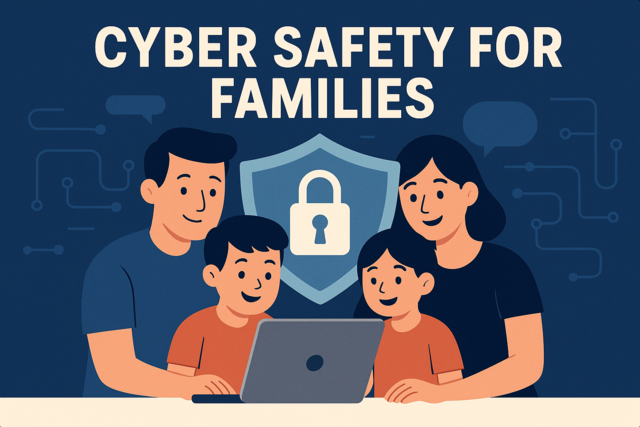 5 hours
0.5 CEUs
Cyber Safety for Families
+ More Info
5 hours
0.5 CEUs
Cyber Safety for Families
+ More Info


